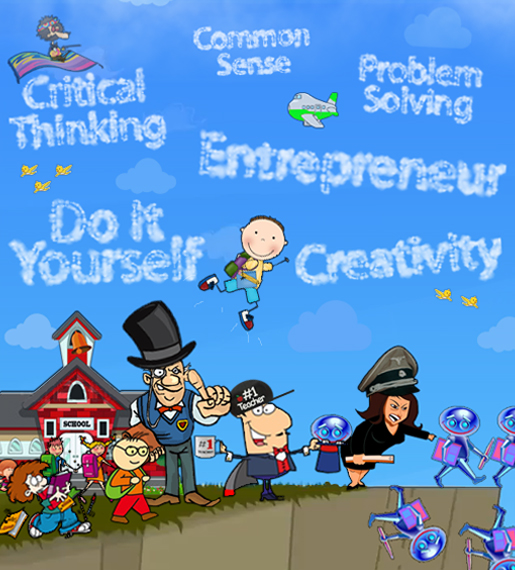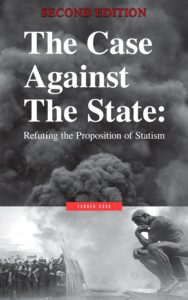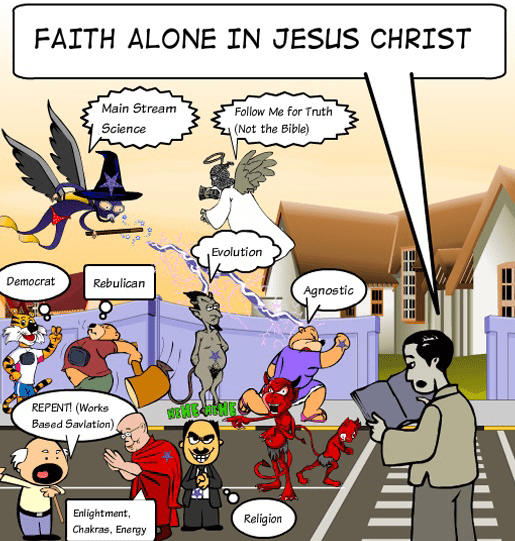I can still remember forcing myself to get up early every morning, take a shower, get dressed, maybe have a pastry or pop-tart if there was something around. I’d collect my things and grab my fully charged Gameboy and head for the garage. There I’d boot it up playing a bit while I waited for the bus. My neighbor would greet me with a smile because he thought his Pokemon was about to whoop on mine.
Little did we know this would be the highlight of our day. That these few minutes of battling Pokemon with a buddy on the bus would be the best part of the day. Where I’d use my brain the most to outsmart him with a quick attack from Squirtle. As we got off the bus after arriving at our Demon mascot school (literally) we parted ways and headed for classes.
I was a smart kid, and so were my buddies. School work was extremely easy but when it came to homework I would simply not do it. No matter the subject it was very easy, math problems I could do in my head and other subjects just seemed like a total waste of time. Only to be graded on my ability to repeat what I had read.
I couldn’t quite figure it all out at the time, why I never could fit in. The only way I seemed to have an impact was to become the class clown, because in reality I didn’t care at all deep down. Every day I was met with repetition and attack. The teachers had the ego of a mastodon.
I still remember being singled out quite often, whether it be for “writing the wrong essay” or “not doing it like this”. Everything I tried to do in school was met with anger or forced re-learning. If I could do a math problem faster my own way why force me to do it your way? If I want to write about something real why force me to write about a forced topic?
One of the only times I actually remember having fun in school was the art classes, some of the only useful knowledge I learned were in the cooking and sewing classes. I was able to be free in the art classes, making pipes inside pottery and other gizmos. Which is pretty intelligent for a young man!
Only to be stifled in every other class. Funny enough, these are the classes they removed from most schools. I won’t admit it very often but I even played the Viola for a year. So many aspects of the public school system rob us of our individuality. An individualist among conformity.
Teachers are willing idiots and usually sociopaths themselves more than willing to sacrifice the mind of a child for a little paycheck. My own mother would trade her soul for her masters degree in education yet has remained a debt slave to the bank her entire life, living single and alone in her feminist delusion. Many of the teachers in my life carried these same characteristics, willing and able to destroy a child. Offering no hope in these environments. An individualist among conformity.
Only to be taught evolution and alienism. To be told I’m all alone and this is all there is, leaves a young boy to be quite disillusioned. An individualist among conformity.

At 15 I finally had enough of it. By 16 I had dropped out in the face of my mothers “dreams” for my future of becoming a doctor or lawyer. In fact it was just an act of rebellion, in the face of conformity I had no choice left. It was either suicide or rebellion. With no real hope left with my delusioned understanding of science and my belief in the religion of evolution rebellion seemed fruitless. What was the point? An individualist among conformity.
I used to look at myself in the mirror as a kid and just wonder why. Why did I have so much pain. I just couldn’t figure it out. There was no safe place. The only time I could be alone was when hiding outside in the woods or running away. Having to maintain the smile was the hardest part of it all.
As people would compliment deep down you knew it was a lie. No matter how white it was I was still living in denial. The very system I was told to believe in was the one hell bent on my destruction. With a family of conformity and feminist female teacher mothers and grandmothers there was only fuel for the fire. An individualist among conformity.
Seeing every aspect of it reflecting on myself as I looked in the mirror. Tears in my eyes as I sat next to my good friends. Blowing in the wind of the osculating fan they danced and smiled. Reminding me of harvest I maintained a little hope. It wasn’t until that moment I realized I just couldn’t do it.
I asked Jesus Christ why I would want to go to heaven with a bunch of religious idiots and not hell. He gave me both answers. I put my faith in Jesus Christ and believed in what He did. I was saved in the moment, born again by what Jesus Christ did. My pain, lifted from my shoulders. The weight was gone, I could finally walk again.
Starting to learn about myself for the first time in life, I saw new options and paths I never knew existed. Doors were opened and my escape was made. I sold my blacked out, limo tint, Audi TT and bought a propane powered, orange / yellow, GMC Vandura and headed for the woods. This would be the beginning of my life, my adventure, and my growth.









